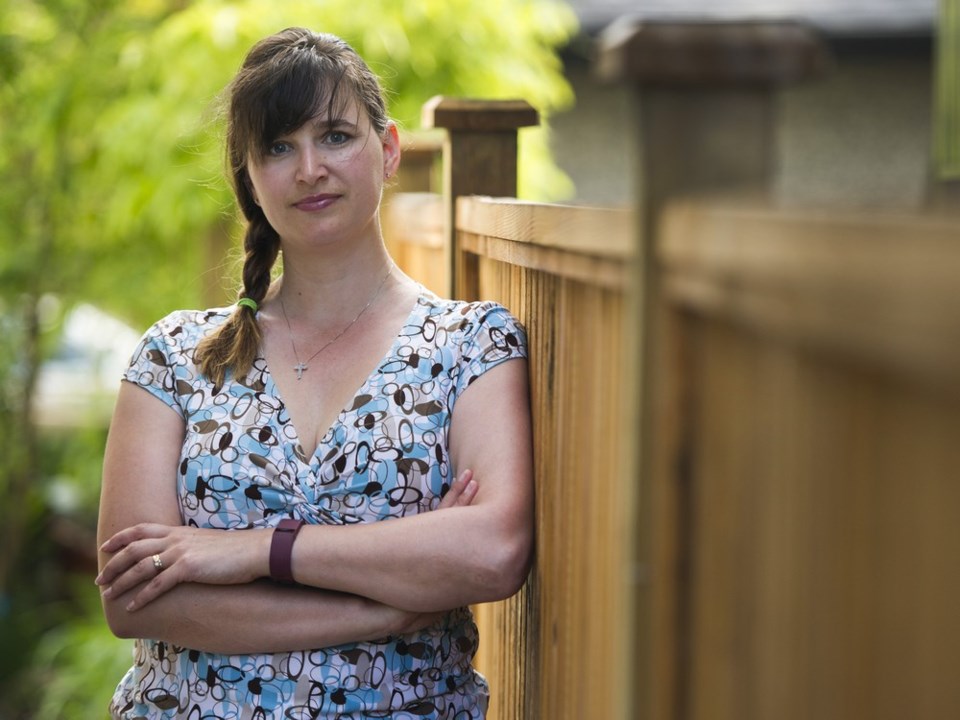VANCOUVER — Are you ready for your close-up?
As more homeowners spread the reach of “Little Brother” by installing security cameras on their property, chances are images of their neighbours’ properties or the neighbours themselves could end up being recorded without their knowledge.
And while provincial and federal privacy laws are designed to protect citizens from snooping by governments and businesses, they don’t apply to cameras on individuals’ private property.
Vancouver resident Dawn Dunkerley discovered that images of her backyard were being captured and screened at her neighbours’ house only when the house was being sold and another neighbour alerted her after seeing them during an open house.
“I said, ‘Oh my, wow!’ ” Dunkerley said. “They had the large TV screen right in the living room.”
She said her neighbours “were decent enough” and moved the camera, but she said she couldn’t be certain the cameras won’t be aimed at her yard again.
Dunkerley called police, who suggested she shine a light at the lens to jam the camera, or close her curtains.
“I would have had zero power if [the neighbours] hadn’t moved it,” she said.
Federal and provincial laws governing privacy don’t extend to surveillance conducted by private citizens.
The Office of the Information and Privacy Commissioner for B.C. doesn’t have jurisdiction over homeowners who use security cameras or collect data for personal use, spokeswoman Michelle Mitchell said in an email.
However, private citizens using cameras or data for commercial purposes would be subject to the provincial Personal Information Protection Act — “for example, if a homeowner who is also a landlord has a CCTV camera that happens to capture images of a tenant,” Mitchell said.
“It is not the type of device, or its location, but why the information is being collected, and what it is being used for, that determines whether our office has jurisdiction,” Mitchell said.
The office would investigate complaints of recordings made for commercial purposes, but individuals would have to call police, or sue a neighbour in civil court for invasion of privacy if they discovered their images were being recorded or stored.
Const. Brian Montague of the Vancouver Police Department said in an email that possible infractions of voyeurism or harassment laws hinge on whether someone is “videotaping into a window or onto a private patio or deck” as opposed to the camera “inadvertently catching a part of the garage or a walkway at the side of the house while it tapes.”
“Many cases could be dealt with by a simple conversation with the homeowner and a camera adjustment,” said Montague, adding that if there were an intention to record images secretly, the case could be investigated as a crime.
In the United Kingdom, the government created a Surveillance Camera Commission to deal with the increasing use of domestic security cameras.
The commission said it has received a number of complaints from people who “believe that cameras are being used to spy on them and their families.”



